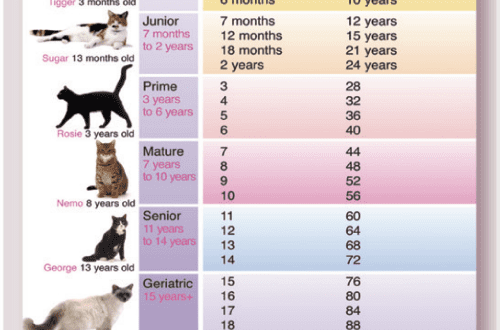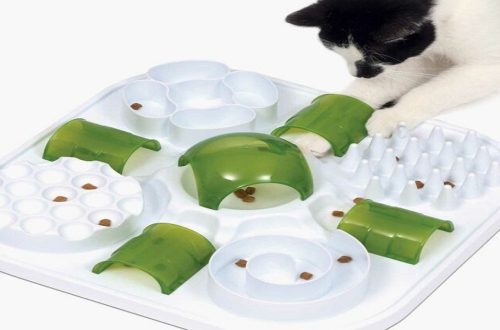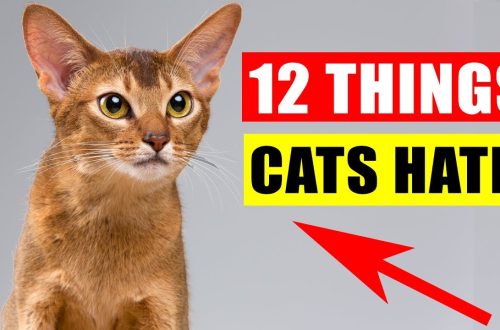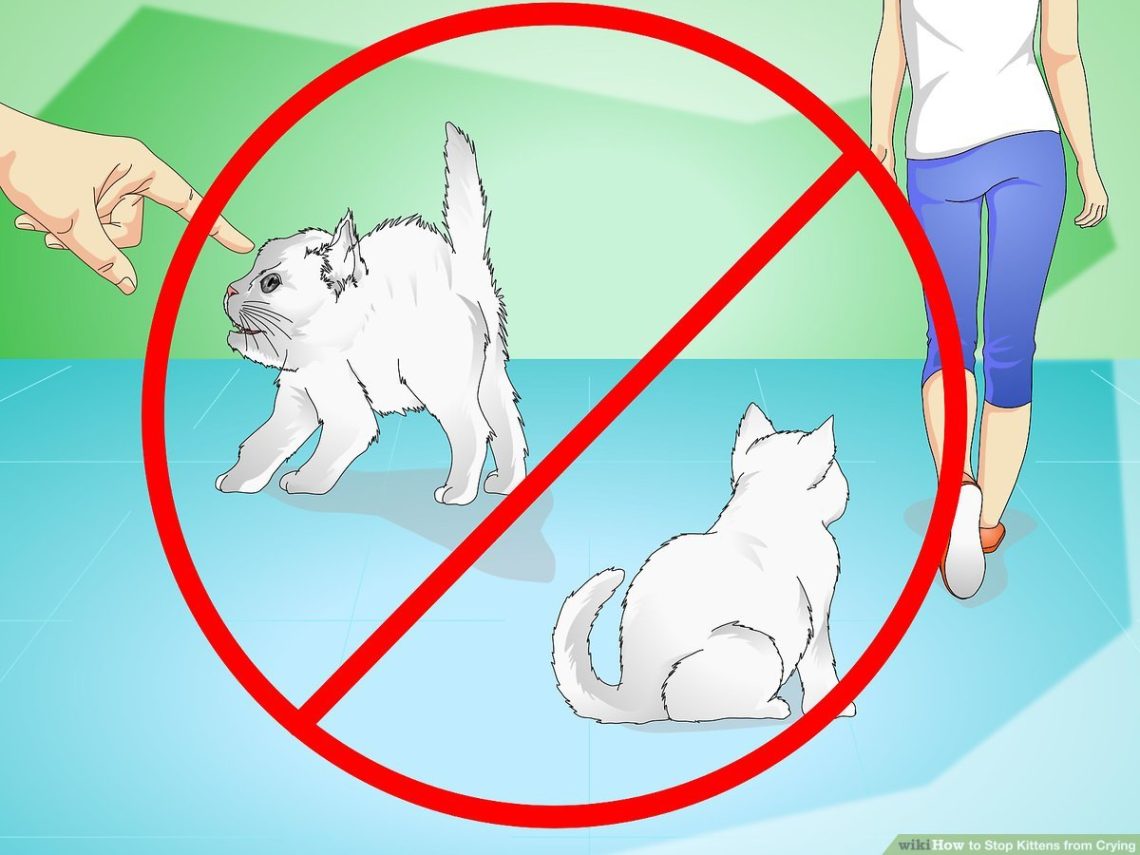
How to calm a kitten when it meows
As a young pet settles into a new home, you may notice that he makes sounds similar to crying. The meowing of little kittens is indeed a very sad sound, and the owners really want to help the baby. How to calm a little kitten – later in the article.
Contents
Why do kittens meow
A kitten, like a baby, communicates through the sounds it makes. The cat will do this throughout its life, because this is the most effective way to attract the attention of the owner. With a meow, the baby says that he needs something, and right now.
A healthy kitten usually meows because he needs something from the following list:
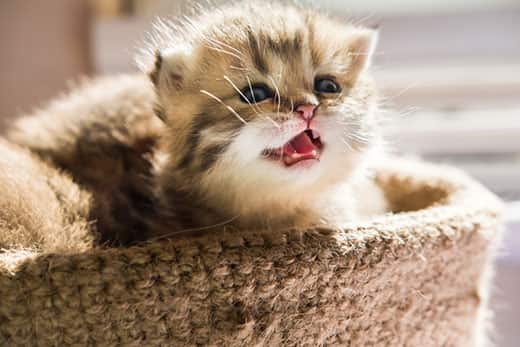
- Food.
- Heat.
- Weasel.
- Games
- Relieve stress
A kitten that is bored is a potential mischief maker, so it’s worth keeping him busy. Thanks to daily games and their variety, the fluffy ball will be satisfied with life – mentally and physically.
How to calm a crying kitten
Understanding a kitten’s developmental and nutritional needs during its first months of life will help determine the cause of its plaintive meow. Here are common causes of meowing in kittens of different ages and ways to soothe your baby:
Newborn kittens up to 8 weeks
Kittens are born deaf and blind. According to the ASPCA, in the first weeks of life, they cry or meow for food and warmth. Until 8 weeks of age, kittens usually stay with their mothers so that they can feed and care for them. The weaning process usually begins around 4 weeks and lasts 4–6 weeks. When weaning from the mother’s breast, the baby may meow due to the fact that the mother is not around to feed him. If the kitten is less than 8 weeks old and the mother cat is not around, you need to come to his aid.
How to help: Don’t feed your kitten cow’s milk, Best Friends Animal Society emphasizes. To do this, there are mixtures designed specifically for kittens. Best Friends also advises keeping babies under 4 weeks old in a cat carrier with plenty of blankets, towels, or a heating pad to keep them warm.
8 weeks to 6 months
A kitten’s milk teeth erupt in about 4-6 weeks, but permanent teeth will begin to replace them after 4-6 months. Teething isn’t necessarily painful, according to Greencross Vets, but it can cause irritation and sensitivity that can cause your baby to meow. If, in addition to meowing, he has red swollen gums and discharge, you should immediately contact your veterinarian – the baby may need treatment.
How to help: Give the kitten something to chew on. Plastic chew toys that are safe for cats and terry cloths are great for this. This cloth can also be used to gently wipe the kitten’s teeth. These activities will help him get used to the process of brushing his teeth.
From 6 to 12 months
As it approaches adolescence and then adulthood, the kitten begins to calm down and relax. It is then that he establishes a regular habit of using the litter box. Aspen Grove Veterinary Care advises that this is the time to reconsider the size of the litter box.
Does your cat meow before, during or after using the litter box? Maybe he just doesn’t like the tray. But if he meows in the tray, the first thing to do is take him to the veterinarian. The reason for this behavior may be pain during urination and defecation caused by a serious illness.
How to help: Make sure the litter box is large enough and that the kitten likes it. Otherwise, you should buy a larger model. Do not forget to clean the tray daily and keep the place where it stands clean and tidy. If the kitten continues to meow or shows signs of anxiety, call your veterinarian immediately.
When to See a Veterinarian
If your kitten’s meowing doesn’t stop, or if there are additional signs of stress such as diarrhea, vomiting, lethargy, loss of appetite, or excessive licking, you should speak to your veterinary emergency services specialist.
According to the Pet Health Network, frequent meowing can indicate health problems like diabetes, hypertension, hyperthyroidism, or a host of other conditions. These conditions are more common in older cats, but can also occur in younger cats.
The meowing and crying of a kitten will change as it matures into a restless young cat. The task of the owners is to maintain a strong bond with their pet – listening to the sounds they make, reacting to them and giving him a lot of love.



